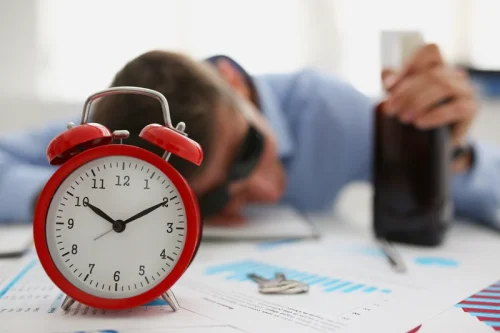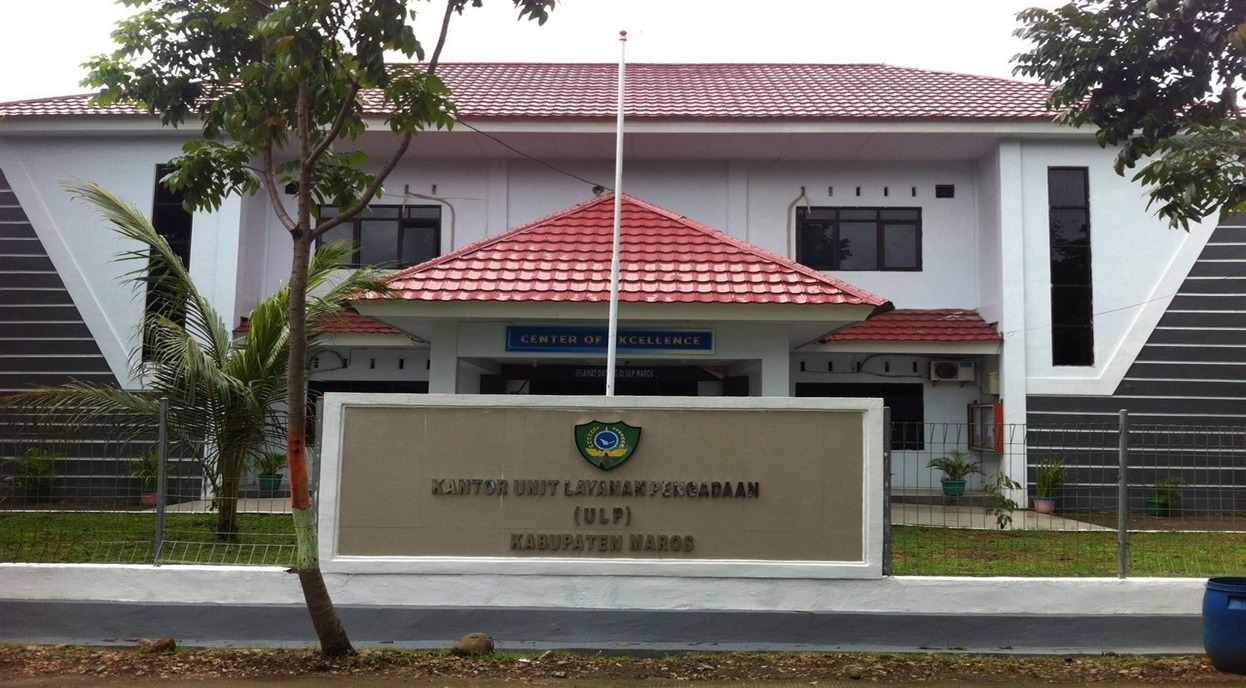Can’t Sleep Without Alcohol? It’s Time for Help Verve Behavioral Health

The more alcohol your drink and the closer you drink it to bedtime, the stronger its effects will be. Consuming alcohol causes physiological changes that affect snorers and people with obstructive sleep apnea (OSA), which occurs when tissues in the nose or throat collapse and temporarily obstruct the airway. It also causes changes to blood vessels in the nose, leading to greater airway how to sleep without alcohol resistance in the nasal passages. Detoxing from alcohol is dangerous, with many symptoms that can be more unpleasant than just insomnia. Alcohol detox under medical supervision is vital for safely and comfortably detoxing from alcohol. At The Recovery Village at Palmer Lake, we have experience helping people medically detox while avoiding the dangers and discomfort of withdrawing.
Is Your Troubled Sleep a Health Risk?
REM sleep, on the other hand, plays a vital role in emotional regulation and cognitive function. With alcohol no longer interfering with these sleep stages, many people report feeling more mentally sharp and emotionally balanced during the day. https://ecosoberhouse.com/ CBT-I has proven effective in treating chronic insomnia, teaching individuals to revise beliefs about sleep that aren’t helpful. By altering poor sleep behaviors and replacing them with healthier ones, people can improve sleep over time.
Top 6 Bedtime Mocktails for Sleep
- These safe spaces offer emotional backing, shared experiences, coping strategies, and education about insomnia.
- One of the most significant improvements during this period is the enhancement of deep sleep and REM sleep stages.
- But as the night progresses, this deep sleep period decreases, and you end up spending more time in less restorative sleep stages (like light sleep).
- This reliance can mask underlying issues, turning a temporary solution into a long-term problem.
- If you’ve had a lot to drink, you might even have a hangover to contend with the next night, which won’t make sleeping any easier.
- For those with a serious addiction and years of heavy drinking behind them, it’s expected that the insomnia may last longer.
There have been comparatively few studies of nonpharmacological sleep treatments in patients recovering from alcohol dependence. Greeff and Conradie131 assessed the benefits of PMR for improving subjective sleep quality in 22 male alcoholic inpatients who met DSM-III-R criteria for an insomnia disorder. Half of the participants received two weeks of daily relaxation training while the other half received no treatment.
Eve sleep duvet review: The lightweight sleeping companion
- A racing heart may disrupt sleep or cause someone to fully awaken.
- Research indicates that alcohol significantly reduces total sleep time, sleep efficiency, and the percentage of time spent in rapid eye movement (REM) sleep.
- One of the most significant changes during this period is the reduction in night sweats and vivid dreams.
- If you have alcohol use issues, you may experience insomnia when drinking, during withdrawal, and months or years after going sober.
- Unfortunately, despite the drowsiness, alcohol isn’t a good sleep aid.
If you’ve had a lot to drink, you might even have a hangover to contend with the next night, which won’t make sleeping any easier. Below, we’ll cover why you can’t sleep after drinking alcohol and how you can use the RISE app to fall and stay asleep more easily, even when you have a drink. If a person chooses to consume alcohol, drinking in moderation several hours before bed is the best practice for avoiding sleep disturbances. Studies have shown that short-term alcohol use can shorten the time it takes to fall asleep. If you find you’re struggling with sleep, and you can’t sleep without alcohol, you may want to consider some additional treatments for insomnia.
The body’s temperature regulation, which was disrupted by alcohol use, starts to normalize, leading to more comfortable sleep. Now that you’re well-versed with all the causes and potential solutions to post-alcohol insomnia, it’s time to put this knowledge into action. Modify routines, reevaluate lifestyle choices, and don’t hesitate to consult a professional if need arises. The circadian rhythm – the innate biological clock that manages our sleep-wake cycle – holds a crucial role in this narrative. Alcohol is known to disrupt this rhythm, altering our sleep patterns when consumed in excess. When you quit alcohol, the disrupted rhythm doesn’t instantly revert to normal – it takes time to normalize.

- Meditation, in particular, aims to focus the mind and detach it from daily stressors that could hamper sleep quality.
- Many people report a gradual increase in sleep duration and quality during this phase.
- Caffeine and nicotine are stimulants and increase the stimulation you experience during alcohol withdrawal.
- Third-party tested supplements are preferable to ensure product quality and safety.
- Your body and brain tell you that you need the initial relaxation to wind down, but this is not necessarily true.
- Today, she educates and empowers others to assess their relationship with alcohol.
Outpatient treatment is best for mild alcohol addictions, and it allows patients to attend doctor and therapy visits while still living at home. Inpatient treatment is best for moderate to severe alcohol addictions or people who have relapsed. Inpatient treatment involves living on-site at the detox or rehab facility, an approach that keeps patients in a healing environment and allows for better monitoring and treatment.

The Human Sleep Cycles
Alcohol disrupts the natural sleep cycle by suppressing REM (rapid eye movement) sleep, which is essential for restorative rest. This can lead to fragmented sleep, frequent awakenings, and a decrease in overall sleep quality. Additionally, alcohol can worsen snoring and sleep apnea, further disrupting sleep patterns. More than 70% of those with alcohol use disorder (AUD) also experience alcohol-induced sleep disorders, such as insomnia, according to scientists in a 2020 review. Regular drinking has also been linked to shorter periods of rapid eye movement (REM) sleep, a disrupted circadian rhythm, and snoring.
Night Eating Syndrome: Symptoms, Causes, and Treatments
Sleep Hygiene

